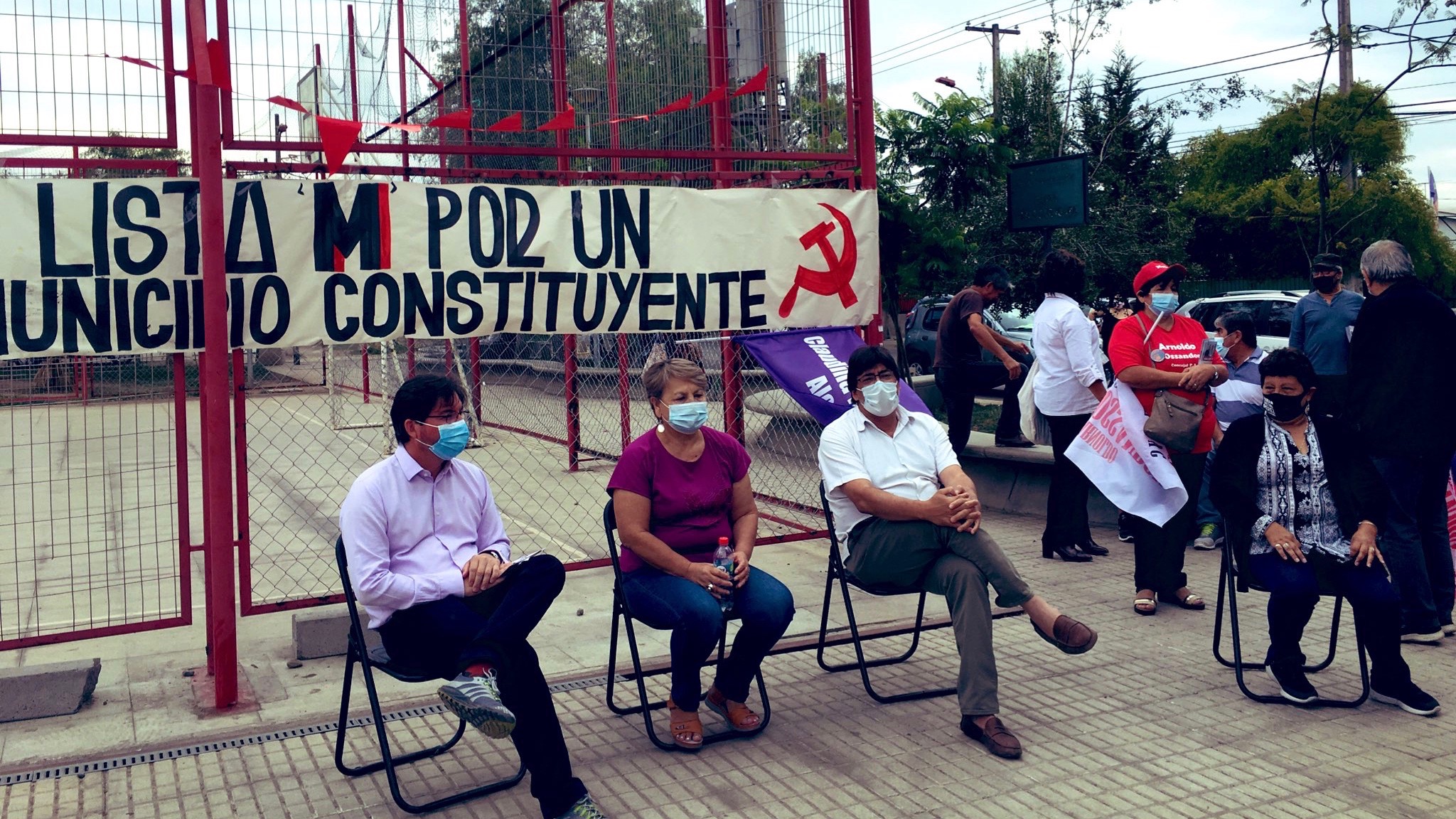The Chilean Senate will hold a special session on April 4, Easter Sunday, to vote on the reform that postpones the upcoming municipal, regional and Constitutional Convention elections in the country. On March 28, President Sebastián Piñera announced that he would send a bill to the National Congress that postpones the elections scheduled for April 10 and 11 to May 15 and 16 in view of the recent upsurge in COVID-19 infections in the country.
On March 30, the Chamber of Deputies began debating the bill, and on March 31, the deputies passed it with 126 votes in favor, 3 against and 11 abstentions. On April 1, the senators began discussing it and after two consecutive sessions of exhaustive analysis, announced that they will hold the voting process this Sunday.
Along with the suspension of the upcoming elections, the bill also proposes to stop the ongoing election campaign until April 28 and delay the second round of mayoral and governor elections to June 13, and the primaries for the presidential and parliamentary elections to July 18. The general elections are scheduled for November 21 of this year.
Although Chile is one of the countries that have the fastest vaccination rates, it is currently experiencing an increase in COVID-19 cases due to the new and more contagious virus variants spreading across Latin America. The country is recording up to 7,000 cases per day. As of April 1, over 20% of the country’s population has been fully vaccinated against COVID-19 and over 34% has received at least one dose of a vaccine. The health ministry estimates that with the new dates, by the time of the election, at least 50% of the population or about 8 million Chileans will receive one dose of a vaccine.
However, various national health and medical institutes and unions, which proposed delaying the elections weeks ago, warn that there is also a need to implement more effective measures to curb the spread and guarantee better health conditions to hold the elections in May. They have also called on the government to provide aid to vulnerable families so that they can survive the strict lockdown imposed in almost the entire country.
In the upcoming elections, over 15 million Chileans are eligible to vote and elect the 155 members of the Constitutional Convention as well as 345 mayors, 2,240 municipal councilors and 16 regional governors for the period 2021-2025.
The Constitutional Convention will be the body responsible for writing the new constitution to replace the current one that was drafted and imposed in 1980 under the military dictatorship of General Augusto Pinochet (1973-1990). The body will have an equal number of female and male participants. Additionally, it will also have 17 representatives from 10 Indigenous communities in Chile.
The demand to rewrite the constitution rose during the social uprising against neoliberalism and social inequality, which began on October 18, 2019 and continued for almost 5 months until the COVID-19 outbreak in March 2020. A year later, on October 25, 2020, Chileans approved the drafting of a new constitution with an overwhelming majority in the national plebiscite and chose the Constitutional Convention for the great responsibility.
In the case of local government elections, this is the second time these municipal and regional elections have been postponed. Initially, they were scheduled for October 25, 2020, but were postponed due to the pandemic. Only the entry plebiscite was held. Presently, municipalities are ruled by interim mayors and councilors, some of whose terms would be extended in the bill pending to be passed. Consensus has been reached on the suspension of the functions of the mayors who are candidates for reelection.





